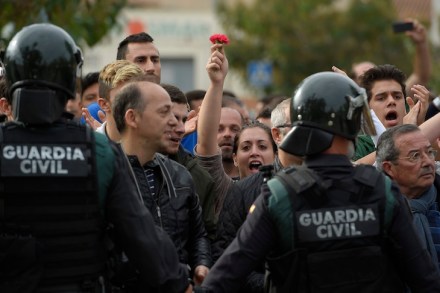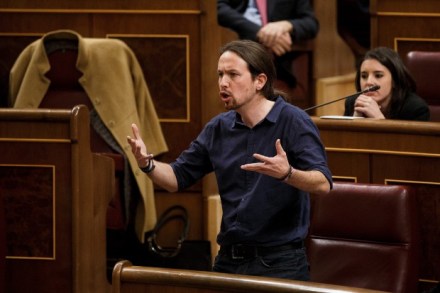Barometer | 12 October 2017
Cheat sheets The Quality Assurance Agency for Higher Education wants universities to catch out more students who buy essays online. How much do cheats pay for this service? — 1,000 words in seven days to 1st standard £103. Also offers 2:1 standard for £74 and 2:2 standard for £57. This website offers a refund if you don’t get the promised grade. —A rival site offers a 1st standard essay in seven days from just £18.99, with £13.99 for a 2.1 and £11.99 for a 2.2. — From £16.18 per page on a site which says ‘compare our prices with those set by solicitors, barristers, doctors or accountants’. Falling short Where



















